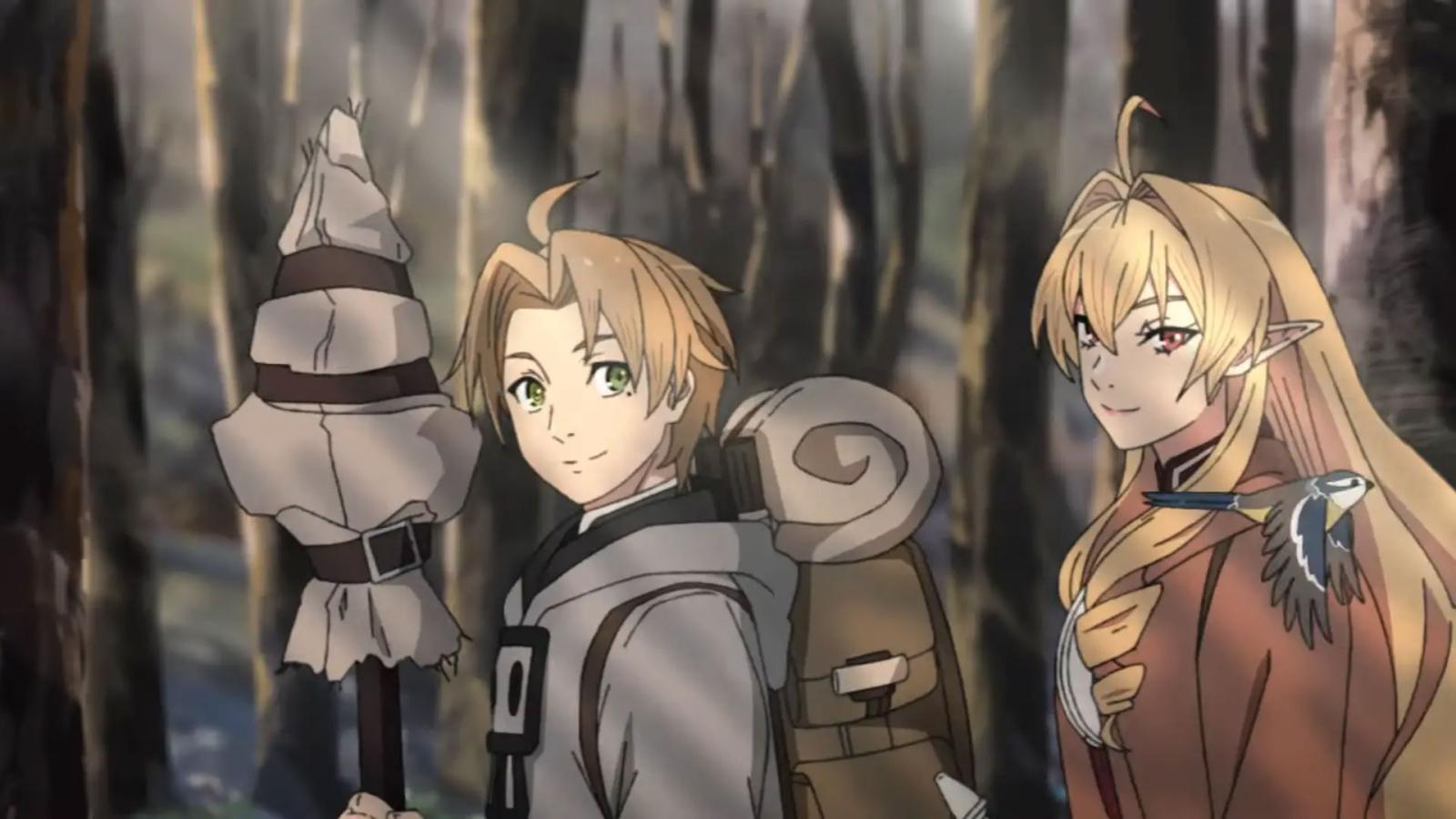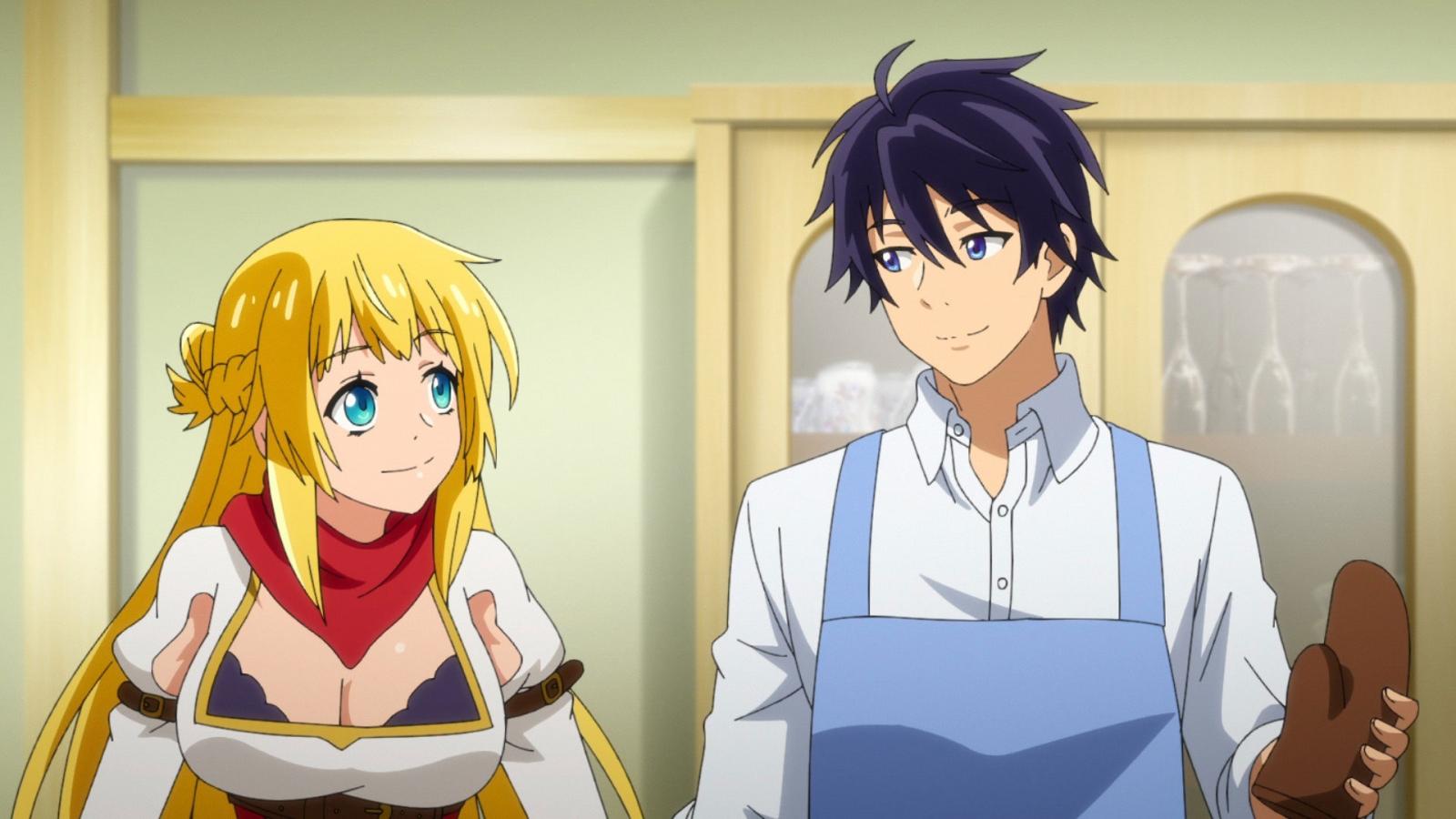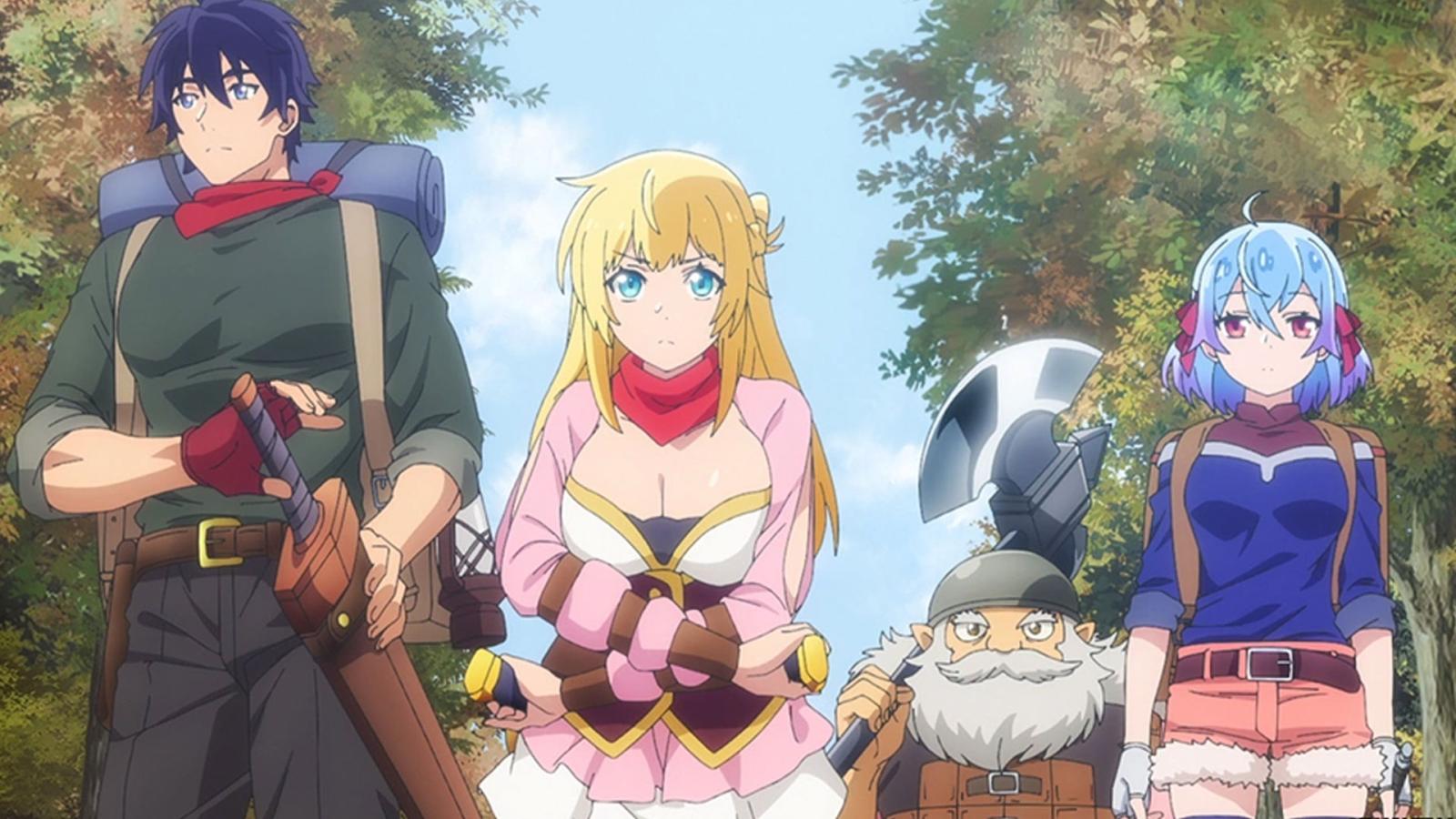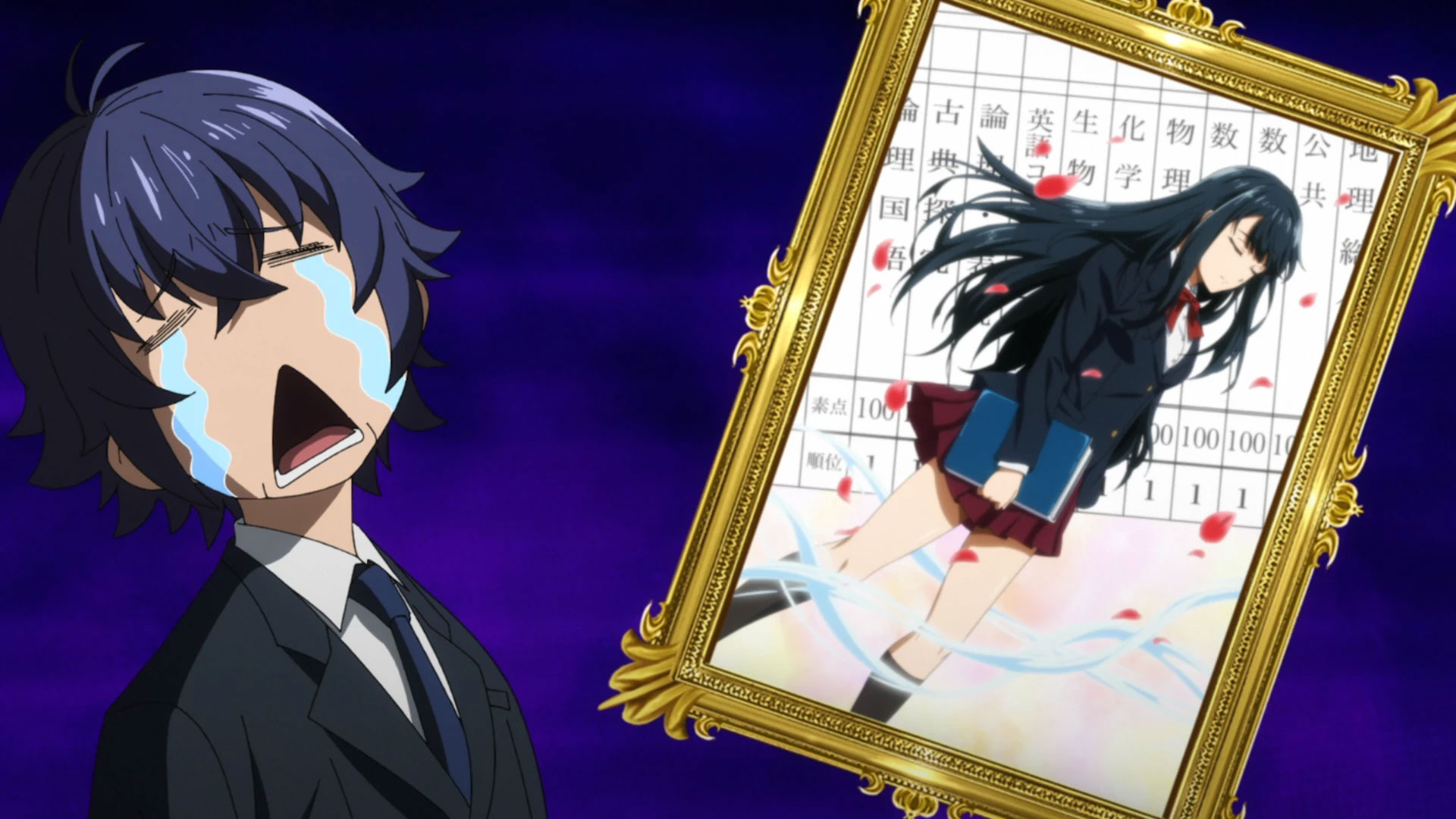We’ll probably get a return of non-isekai fantasy anime sooner or later.
Summary:
- Initially, isekai novels and anime became popular because they appeal to the feeling of escapism.
- Over the years, many authors started adding the isekai premise to series where it doesn’t influence the plot at all.
- Many anime skip the isekai part completely, and we’ll probably get a resurgence of non-isekai fantasy at some point.
The isekai genre in anime gets a lot of criticism. It’s not like all of it is unfair: many isekai anime definitely feel generic. That said, there’s one issue about isekai that many fans don’t ever talk about: the fact that they are essentially your usual fantasy anime that don’t really need the isekai part in the first place.
Isekai used to be all about escapism

Initially, a huge selling point behind the isekai genre was it being perfect escapism. This is why these series often featured a NEET or just an average person getting transported to another world and achieving success in it.
The most known example is probably Mushoku Tensei: Jobless Reincarnation (Mushoku Tensei: Isekai Ittara Honki Dasu) — the anime might be recent, but the source material is quite old by isekai standards. That said, this quickly became a tiring trope — and a lot of series started subverting it by making their protagonists overpowered from the start.
Naturally, this also evolved further — and at some point, the “isekai” label became just a tag. A lot of novels and anime released later don’t even make use of the isekai part.
While the character is reincarnated or transported into another world, it quickly becomes irrelevant — just this season, there’s The Wrong Way to Use Healing Magic (Chiyu Mahou no Machigatta Tsukaikata), which is an example of that trope.
The line between isekai and non-isekai fantasy is blurry now

In fact, a lot of anime right now feel like isekai and play into some of the genre’s tropes — but aren’t isekai. Anime like Banished From The Hero's Party, I Decided To Live A Quiet Life In The Countryside often get mislabeled as isekai because of that.
The confusion is usually related to the fact that a lot of these fake-isekai anime take inspiration from the same sources — JRPGs such as Dragon Quest. The game-like mechanics often feel similar to those of isekai series, even if the anime aren’t technically based on the premise of being stuck in a game.
What does that mean for fantasy anime?

This trend might be an indication that the industry is slowly shifting away from favoring isekai. While a lot of novels and anime still feature isekai tags that draw in the audience, it has been proven that otaku are just as happy to get into your usual fantasy series.
Perhaps isekai shouldn’t even be considered a genre at this point, but rather a minor element of the premise. After all, most isekai nowadays don’t really need the “isekai” part in the first place.

